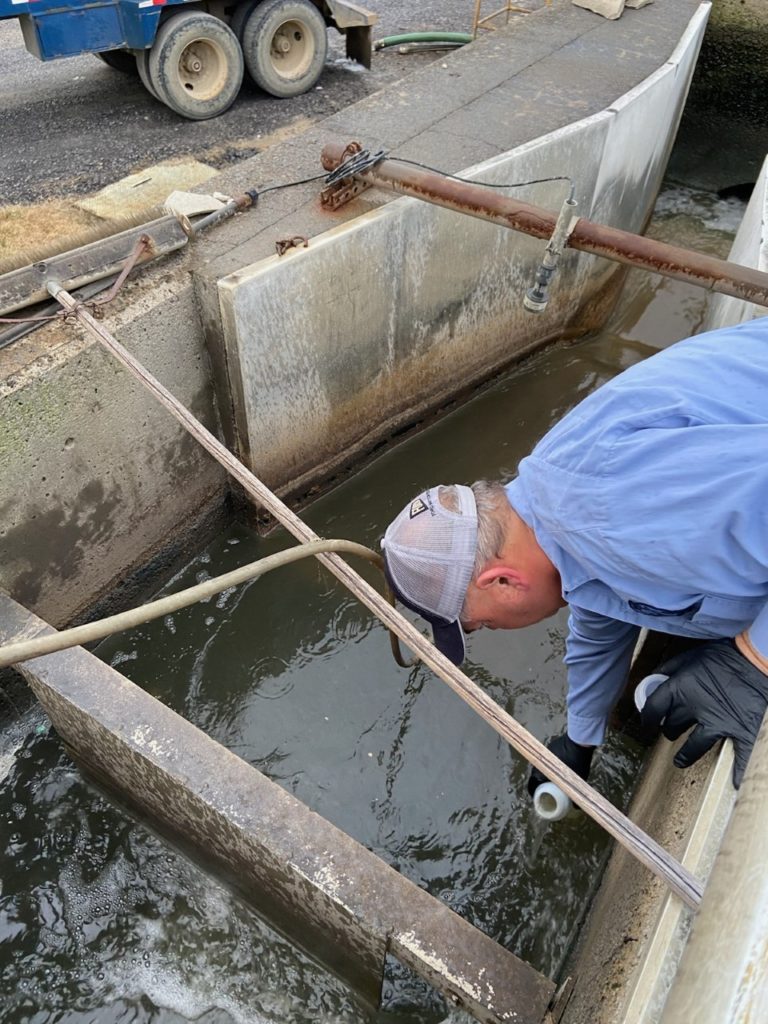Mayfield wastewater testing shows promise for more targeted measures to thwart coronavirus infections, foundation says

A wastewater testing project in Mayfield is helping pinpoint outbreaks of the novel coronavirus even before residents experience symptoms, and thus could allow more narrowly targeted measures to prevent further spread of the virus, the Foundation for a Healthy Kentucky said in a news release.
The partnership between the Graves County Health Department, the City of Mayfield, Murray State University, the University of Louisville Co-Immunity Project and the foundation began in early November.
“The project is essentially an early-warning system that gives health officials and policymakers the information they need to focus additional testing and treatment where there are specific outbreaks, thus helping avoid the need for more countywide or statewide shutdowns,” said Ben Chandler, president and CEO of the foundation. “Wastewater testing can help more of us get back to normal more quickly by identifying where outbreaks are most prevalent over time.”
The foundation paid for equipment to analyze samples, as part of a $60,000 grant to the Co-Immunity Project. While early data is still sparse, the project already has identified spikes in infections ahead of the traditional clinical and testing models.
Samples are being taken from the wastewater treatment plant in Mayfield. Murray State chemistry and biology labs, led by Assistant Professor Dr. Bikram Subedi and Associate Professor Dr. Gary ZeRuth, respectively, analyze the samples to count copies of the RNA (ribonucleic acid, a genetic material) of the virus and look for changes.
Subedi said, “The virus that causes Covid-19 has been shown to be shed into the wastewater from infected persons regardless of whether they exhibit symptoms,” so wastewater sampling “serves as a comprehensive, non-invasive, near real-time, and cost-effective approach to monitoring Covid-19 infection within communities that is not dependent on individuals submitting to testing.”
Graves County Health Director Noel Coplen said, “This is similar to the practice of having canaries in a coal mine,” which were once used to detect dangerous concentrations of methane. “It shows us that there is an infection in our community before symptoms present themselves in individuals.”
“It’s a non-traditional partnership and we are proud to have the opportunity to do our part to slow the spread of Covid in our community,” said Marty Ivy, general superintendent at Mayfield Electric and Water Systems.